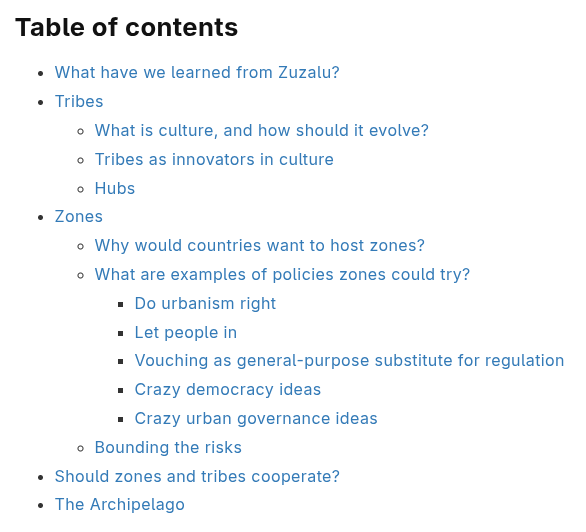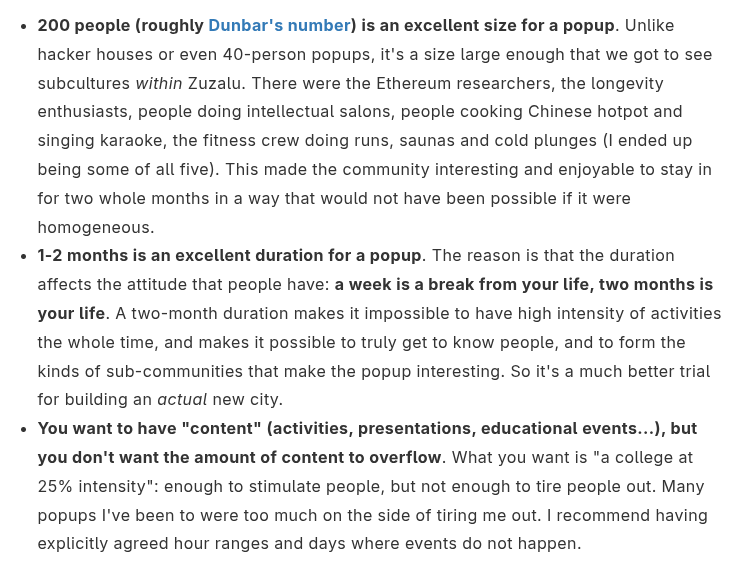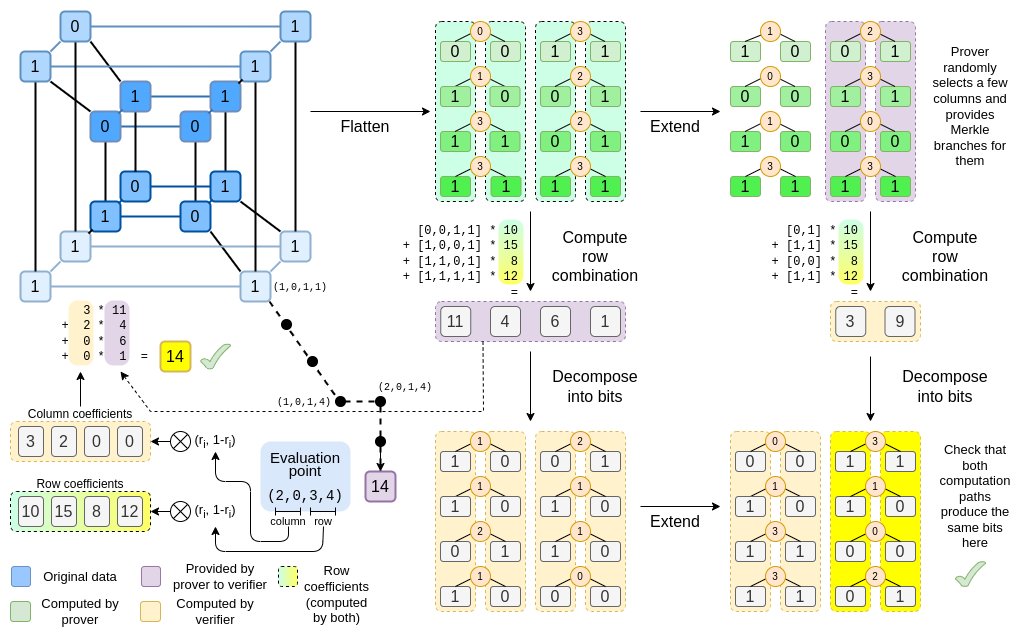This is a solid demonstration of Railgun's privacy pools mechanism ( papers.ssrn.com/sol3/papers.cf… ) working in practice, allowing Railgun to avoid serving proceeds of crime without using any snooping / backdoors.
How it works:
* Anyone can deposit into Railgun.
* After you deposit, there is a 1 hour period during which various algorithms detect whether or not the deposit likely came from what the algorithms consider to be criminal activity.
* If your deposit passes the filter, then after 1 hour you can use ZKPs to withdraw privately (but ideally wait longer to get a good-enough anonymity set).
* If your deposit fails the filter, then you can only withdraw back to your own address. There is no risk that your funds will get frozen/seized, you just can't benefit from the privacy pool.
If you disagree with Railgun's filters, anyone is free to fork and make their own pool with their own rules, though if you can't get reasonably wide public support you're going to have a tiny anonymity set.
railway.xyz
How it works:
* Anyone can deposit into Railgun.
* After you deposit, there is a 1 hour period during which various algorithms detect whether or not the deposit likely came from what the algorithms consider to be criminal activity.
* If your deposit passes the filter, then after 1 hour you can use ZKPs to withdraw privately (but ideally wait longer to get a good-enough anonymity set).
* If your deposit fails the filter, then you can only withdraw back to your own address. There is no risk that your funds will get frozen/seized, you just can't benefit from the privacy pool.
If you disagree with Railgun's filters, anyone is free to fork and make their own pool with their own rules, though if you can't get reasonably wide public support you're going to have a tiny anonymity set.
railway.xyz
• • •
Missing some Tweet in this thread? You can try to
force a refresh



















